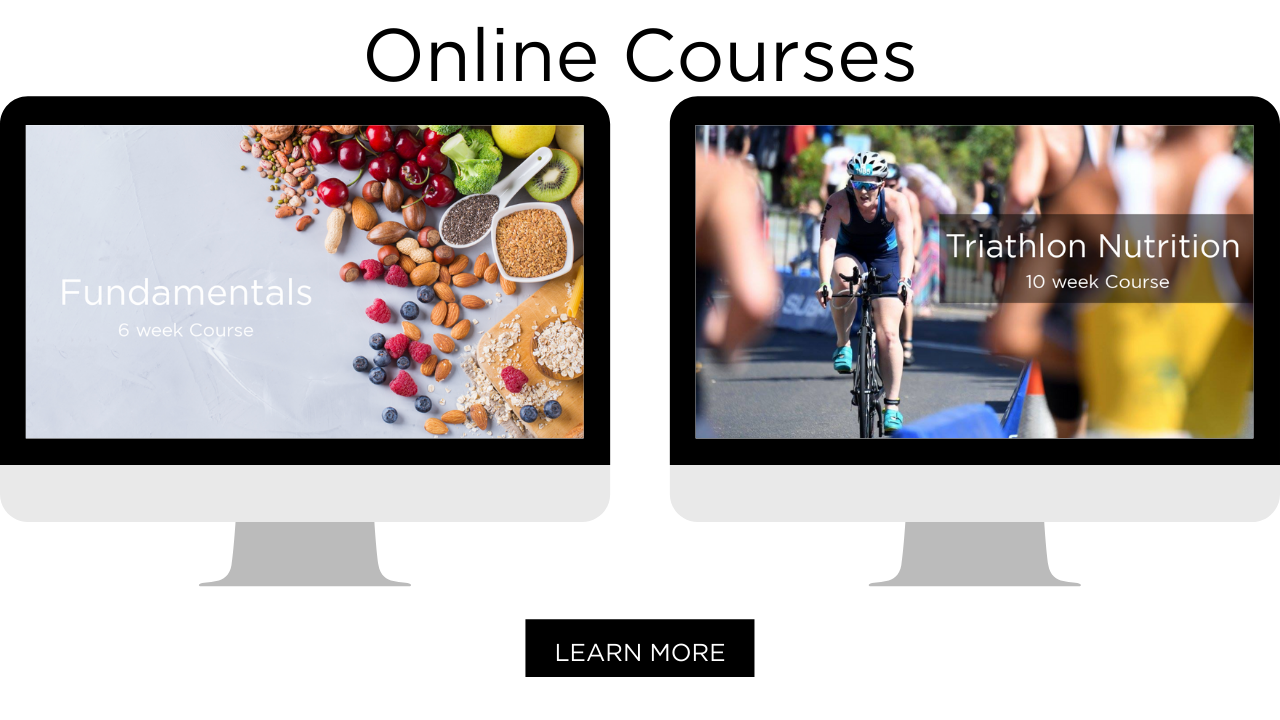We have a food first philosophy here at Dietitian Approved but in some instances, protein powders can have their time and place within a healthy and active lifestyle.
As a supplement, that’s exactly what they should be used as; an addition to a balanced diet when you can’t get enough protein through real food for whatever reason.
Here are some of the reasons we might advise using a protein powder:
-
For convenience. If like us, you have a busy lifestyle and seem to always be on the run!
-
To meet protein needs directly after a heavy strength specific session – where you are trying to maximally stimulate muscle protein synthesis (building new muscle)
-
To make sure your recovery meal ticks all of the boxes when you’re in a location where real food isn’t feasible. E.g. Post-racing where your recovery meal gets delayed while you’re waiting for your medal 😊😂 Or if you struggle to eat post-exercise
-
To bump up the protein of a meal that’s otherwise inadequate to meet your needs. E.g. For those of you who don’t like adding yoghurt to your porridge
If you’re thinking about using protein powder, you first need to ask yourself three questions:
1. Why am I using it?
2. Is it safe?
3. Is it necessary?
It’s all too easy to get caught up in clever marketing and the popular opinion that supplements are needed for optimal performance! Once you’ve answered these questions with legitimate answers, the next step is choosing the best protein powder for you. Here are our TOP TIPS to get the best bang for your buck!
1. Ensure it includes enough protein per serve
For optimal muscle protein synthesis look for ~20-30g of protein per serve. More doesn’t equal better when it comes to protein. Anything above this amount in one sitting is a waste as it doesn’t increase the rate of protein synthesis any further (1). And guess where it goes? Straight down the toilet! That’s right – we either oxidise it for energy or pee it out!
2. Choose a protein of high biological value
Not all protein sources are created equal. This is measured by the biological value of the protein. High biological value means two things:
- it contains all 9 essential amino acids (the ones our body can’t make itself) needed to build and repair muscle and
- the ratio of these amino acids are similar to what is needed by our body (1).
High biological value proteins are typically whey or milk protein-based but include egg and some soy proteins as well.
Plant-based sources of protein are often missing essentials amino acids and are in a different ratio to what’s required by the body, making them lower in biological value (1). Not to say they are bad, as they can still be matched with a complementary protein source to provide all essential amino acids between the two sources, but a larger quantity is likely needed as we don’t absorb these as well. Plant-based protein powders are a good choice if you’re vegan or sensitive to milk proteins.
Protein quality is also influenced by how fast it can be digested, meaning how quickly it can reach your muscles for synthesis and repair. Whey protein has both high biological value and is rapidly digested, giving this protein powder a great big tick ✔️.
3. Get enough Leucine
Leucine is a particular amino acid that works as a catalyst for muscle protein synthesis. It’s one of the building blocks required, but it’s also the switch that turns on muscle protein synthesis. Look for a protein that contains 2-3g of Leucine per serve (1). This amount is normally found in 20-25g of high biological value protein (animal protein sources such as whey and meats) but is something to look for when buying a plant-based protein as it can be added.
4. Skip the stimulants
Protein powders advertised to have an ‘energising’ effect can sometimes contain caffeine and other random ingredients. If you’re an evening trainer and plan to use protein powder post-session, avoid a product that contains stimulants. Even small amounts of caffeine can compromise your sleep quality and impact your recovery (check out our previous blog on sleep and performance).
5. Beware of buzz words
These are the attention-grabbing words that usually sound fantastic but generally just add to the price tag, not the quality.
One of our favourites: ‘Weight loss’
Consuming protein in itself will unfortunately not result in weight loss. Supplements with this word generally have an added stimulant or ‘fat-burner’ and we say that loosely as the evidence base on fat burner’s is not currently conclusive (3).
6. Less is more
Remember that the reason you are buying this supplement is for PROTEIN intake, so the smaller the number of ingredients listed, the better. Often cheaper powders contain creamers, emulsifiers, anti-caking agents and other random things to improve the texture of a lower quality product. Also be mindful of random herbs and words you’ve never heard of.
A big one to avoid is “propriety blend”. If the company isn’t open and honest about what the powder is made up of exactly – AVOID IT!
Most protein powders will also have added sugar or sweeteners to make it palatable. If you are choosing a sweetened product, opt for a non-nutritive sweetener like stevia or sucralose to improve the taste without increasing the energy density (2).
Our Final word
Always try and meet your requirements with real food first! Milk, Greek yoghurt, cottage cheese, meat, chicken, fish, eggs, tofu, legumes, nuts and seeds are all great food options that provide protein.
If you’re unsure if you can meet your requirements then sit down with an Accredited Sports Dietitian before going any further! Then if you decide to incorporate a protein powder choose a high-quality protein like whey (unless you’re intolerant/vegan). Go for a brand with minimal ingredients and watch out for buzz words that add to the cost but don’t improve the quality.
ADDIT:
We’ve had lots of questions about which particular brands we use. In our cupboard at the moment is Venom WPI
Minimal ingredients, provides 27g of protein per serve, 3g of leucine, hormone-free, grass-fed NZ cows and cost-effective!
Use code REF1A23CE or click on the link HERE to get 15% off your first order of $30 or more – bargain!
We don’t get any payment or commission for recommending this product (or any product for that matter), we just like it!
References:
(1) Burke, L., & Deakin, V. (2015). Clinical Sports Nutrition (5th ed.). North Ryde, NSW: McGraw-Hill.
(2) Azad, M., Abou-Setta, A., Chauhan, B., Rabbani, R., Lys, J., Copstein, L., Mann, A., et al. (2017). Non-nutritive sweeteners and cardiometabolic health: a systematic review and meta-analysis of randomized controlled trials and prospective cohort studies. Canadian Medical Association Journal, 189(28), 929-939. doi: 10.1503/cmaj.161390
(3) Maughan, R., Burke, L., Dvorak, J., Larson-Meyer, D., Peeling, P., Phillips, S., Rawson, E., et al. (2018). IOC consensus statement: dietary supplements and the high-performance athlete. British Journal of Sports Medicine, 52(7), 439–455. doi:10.1136/bjsports-2018-099027
If you are looking for a Sports Dietitian and want to learn more about working with me, click on the image below to see what I offer for private, 1 on 1 consultation.
If you’re looking for a more cost-effective option, start with one of my online courses.
Tags: best protein powder, whey protein, Brisbane Dietitian, Brisbane Sports Dietitian, Dietitian Brisbane, protein, protein powder, protein powder review, sports dietitian, Sports Dietitian Australia, Sports Dietitian Brisbane, sports nutrition blog, sports supplements, protein





